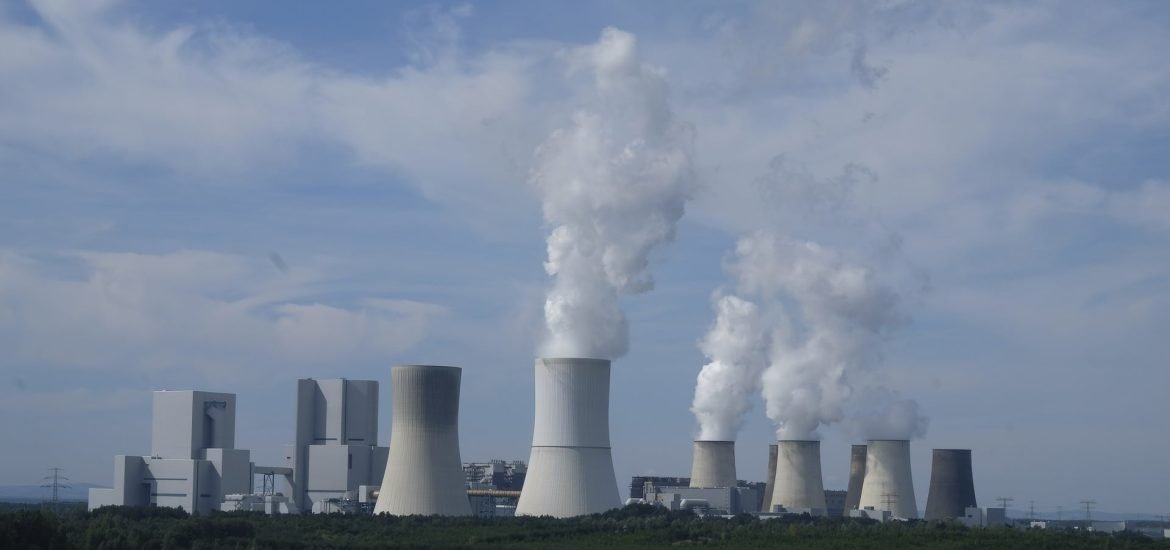
Austria filed a legal complaint on Thursday with the European Court of Justice against the European Commission’s approval of plans to expand a nuclear power plant in Hungary.
In March, EU regulators approved Hungary’s plans to build two new reactors at the Paks power plant with the help of a € 10 billion loan from Rosatom, a Russian state corporation specialising in nuclear energy. Construction is due to start this year, with the first reactor expected to be completed in 2025. The Paks II expansion will double the plant’s capacity.
Hungarian Prime Minister Viktor Orbán signed the deal with Moscow to build two new reactors at the Paks plant in 2014. The plant was built in the 1980s with Soviet-era technology. Budapest said Rosatom was the only company that could meet the technical requirements necessary to replace Soviet-era reactors.
Austria’s government announced plans to file a legal challenge opposing the Paks II project last month, claiming it violates EU state aid rules. The plant, located near the Austria-Hungary border, supplies around 40% of Hungary’s electricity and is the only nuclear facility in the country. Austria, as well as neighbouring Germany, are strongly opposed to expanding nuclear power in Europe.
In a statement on Thursday confirming the government had launched the case, Austria’s minister for sustainability and tourism Elisabeth Koestinger said, “We must take up this David-versus-Goliath struggle for the sake of our nature, our environment and our unique countryside.”
“Nuclear energy has no place in Europe,” she added. “We will not deviate from this line by even a centimetre.”
A spokesperson for the European Commission said the administrative body will “defend its decision in Court.” The European Court of Justice has typically ruled in favour of the Commission in similar cases.
The Commission’s decision has been criticised for appealing to political interests and “reflects a reluctance to further challenge [Orbán],” according to Politico. Orbán has often clashed with Brussels, especially regarding migration policy.
The Commission told Politico that its decision was not politically motivated.
The Paks II project has been surrounded by controversies. Experts have questioned the project’s economic prospects, while green energy advocates have raised concerns over the environmental impacts. The Hungarian parliament voted to keep information regarding the project’s costs to the national budget secret for 30 years, prompting a lawsuit from the non-profit group Fiscal Responsibility Institute Budapest.
Hungary’s decision to award the contract to Rosatom without holding an open tender has also been criticised, particularly by the Hungarian opposition.
Plans to expand nuclear power in the Czech Republic could also cause tensions in Europe. The Czech government is seeking to obtain an exemption from EU rules on government bids in order to speed up a project requiring the replacement of a Soviet-era reactor. If Brussels does not allow the project to bypass the rules, Prague could make a deal with Russia similar to the agreement Hungary signed with Moscow.
Talks with Brussels are “getting really complicated and we are not sure we will be granted the exemption,” Kristýna Křižanová, adviser to the Czech deputy minister of industry and trade, told Politico.
The Czech Republic is working to replace coal-fired power plants and make nuclear power the main source of its electricity. By 2040, nuclear power is expected to comprise more than 50% of the country’s energy mix.